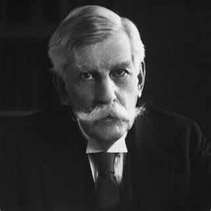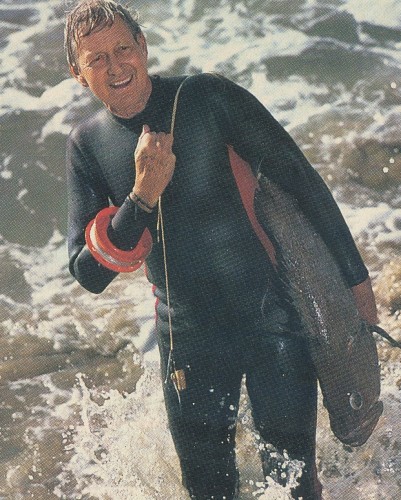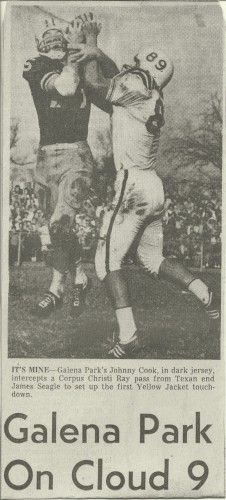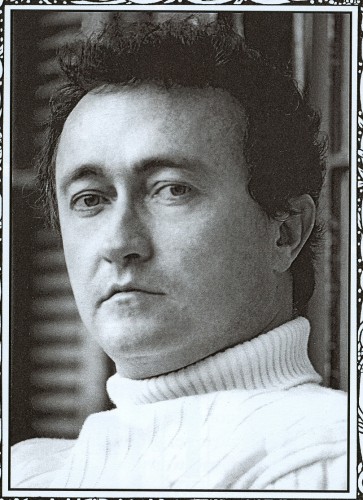A Personal Odyssey To The Land Down Under
By LIONEL ROLFE
A few months shy of my 70th birthday, I pulled my tired body full of aches and pains and the broken hubris associated with a divorce and headed to Australia. My cousin, who has several hundred acres of vineyards in Moama in New South Wales, sent me a ticket.
I felt like I had been spiraling down into an abyss of old age and failing health since the divorce, which left me unsure that I would even be able to deal with the normal travails of modern aircraft travel.
When I panicked because I lost my cell phone, which wouldn’t even be needed until I got back to Los Angeles, a kindly Virgin Australian stewardess took pity on me and found where it had slipped beneath my seat. Perhaps she was not the most beautiful woman I had ever seen, but healthy and warm and affectionate, and she seemed like an angel to me. After she helped me calm down, she passed by my seat a couple of times later, and her fingers gave me a reassuring touch that felt wonderfully libidinous. Read more
Symptoms of U.S. Decline
Leslie Evans
In his State of the Union address this year President Obama declared, ”Anyone who tells you that America is in decline, or that our influence has waned, doesn’t know what they’re talking about.”
Mitt Romney says the same thing, excepting a few admissions of slippage he feels he can blame on Obama, harping on America’s “exceptionalism” and the supposedly pending new “American Century,” the last one, proclaimed by Time magazine’s founder Henry Luce in 1941, having run a bit shorter than planned.
The counter argument was voiced by Jeff Daniels as the fictional news anchor in HBO’s new series The Newsroom, in a clip widely circulated on YouTube. Asked why America is the greatest country in the world he responds, “It’s not the greatest country in the world. We lead the world in only three categories: number of incarcerated citizens per capita, number of adults who believe angels are real, and defense spending, where we spend more than the next twenty-six countries combined, twenty-five of whom are allies.”
THE NIGHT THE LITERARY STARS FELL INTO ALIGNMENT
By Bob Vickrey
Word had spread quickly that a formal dinner scheduled at the Brunswick Hotel in Boston would bring together some of the greatest American literary figures of the day under one roof.
The Boston Daily Globe had leaked the story that among the attending guests would be the distinguished writer Ralph Waldo Emerson, poet Henry Wadsworth Longfellow, and Dr. Oliver Wendell Holmes.
There were also rumors that Samuel Clemens, the most famous writer of the day, might be among the guests attending that evening. Read more
Reflections On The Movie “Hope Springs,” But It Barely Does, Of Course
By Phyl van Ammers
Few seats were empty in the theater that showed Hope Springs, and the film had been showing for a week. From that evidence I conclude I do not, after all, live among alien beings after all. The others in the audience could be Tea Party people. It didn’t matter if they were, although, from what I’ve heard, they are.
I had seen the new Total Recall in the same theater the previous week, and the seats – except for mine – had been empty. That film grew out of a short story by Philip K. Dick – “We Can Remember It For You.” Blade Runner emerged from Dick’s novel Do Androids Dream of Electric Sheep? A Scanner Darkly is a pharmaceutical exercise. Critics characterize Philip K. Dick’s writing as science fiction but it can be more accurately described as the inside of a tripping brain: all of it makes me afraid that, when I die, things will be like Hamlet’s soliloquy and that requiescat in pace is a hoax. Alien beings might enjoy Philip K. Dick movies. Read more
AWAITING MY OLD FRIEND BEN’S DAILY VOICE
By Bob Vickrey
None of us standing on the shore should have been surprised when a large pod of dolphins surfaced near the paddle boarders who had formed a circle just offshore.
Our friend Ben’s ashes were being scattered in the emerald-green Pacific waters less than a half-mile from his home. We had assembled for a modest memorial service at Will Rogers State Beach in Pacific Palisades, California to remember and honor a writer who had left a deeply felt legacy of not only his written words, but also for the impact he had made on the lives of those who knew him. Read more
THAT ELUSIVE CHAMPIONSHIP SEASON
By Bob Vickrey
The cute girl sitting in the row of seats directly in front of us suddenly turned around and began hugging me in the wild jubilant celebration that ensued after our star running back crossed the goal line for the winning touchdown.
That moment more than 50 years ago is as vivid to me now as if it had happened yesterday. The combination of the thrilling playoff victory and a beautiful classmate whirling me in triumphant revelry was almost too head-spinning for a 17 year-old boy to fathom. Read more
The Radicalization of the Republican Party and the Current State of America
Leslie Evans
There are certain moments in history where many different and amorphous threads coalesce into a hitherto unanticipated shape. The accession of Augustus Caesar in 27 BC ended the 482-year-old Roman Republic and ushered in the Empire. A similarly historic metamorphosis seems to be taking shape in the United States, though it marks the decline of an empire rather than its inauguration. One symptom of that transition, both as outcome and mover, is the disturbing evolution of the Republican Party into an engine of obstruction within the American government as well as an increasingly extreme and belligerent theocratic combatant on sexual mores.
This marks a sharp reversal of the widely shared communitarian attitudes that shaped American politics in the first half of the twentieth century. The dominant ethos was the Progressive movement. It campaigned for women’s suffrage, instituted the ill-considered Prohibition, sought to curb the power of the large corporations, regulate banking, prohibit child labor, promote the right of workers to unionize, impose government-backed workplace health and safety standards, and institute a social safety net through unemployment insurance, minimum wages laws, and a government-run pension system. Republicans, though generally anti-union (not nearly so strongly as they are today), were almost as likely as Democrats to share the rest of these goals. Insofar as religion was part of the motivation it was the social service ideals of the mainstream Christian churches, drawing on the Sermon on the Mount rather than the gospel of self-enrichment preached by the televangelists. Read more
An Old Quandary, With A Twist
By Lionel Rolfe
Now that they’ve found the “God particle,” maybe it’s time to solve far lesser but still deserving and perplexing questions of existence. Perhaps it’s not exactly parallel, because the discovery of the God particle answers more about how the universe came into existence than the far more tangental question of how life was born.
Still, most people would say the universe be damned. If we’re not sleep deprived or hungry, romance remains the foremost thing on most people’s minds. Romance plunges us into emotional maelstroms at the mere glimpse of cleavage. The joys, the ecstatic moments, merge with the mundane in the construction of the bonds with which people are bound. Read more
Look On the Bright Side: You Can’t Burn An E-Book

The putative publisher seated at the putative Mark Twain's putative desk in the putatitive basement of the putative Territorial Enterprise newspaper building, C Street, Virginia City, Nevada. Photo: Lionel Rolfe, c. 1989
BY NIGEY LENNON
In Spring 2011, I found myself — as I often have — unemployed, unfocused, subject to chilling if not entirely unexpected visits from the Nameless Dread by night. Due to the sagging economy, all of my attempts to secure editorial or publishing work had proven worse than futile. My second career, music, was similarly problematic because of drastic changes in the industry and my own reluctance, at the ostensibly dignified age of fifty-something, to play in toilets for peanuts. My literary agent had seemingly vanished from the face of the Earth, and I couldn’t say I blamed him: despite prolonged and agonizing efforts, it had become painfully obvious he was never going to unload a single one of my book projects even after selling his immortal soul. In short, the Universe had apparently seized a bullhorn and was announcing, to resounding disinterest, that I was ugly and my mother dressed me funny. Read more
Our Friend Curtis Harrington
A Young Curtis
By Jon Zelazny
Curtis Harrington was born in Los Angeles in 1926. He made short films as a teenager, graduated from USC, and began his Hollywood career in the 1950’s. By the end of the decade, he was directing: independent films, studio pictures, made-for-TV movies, and episodic TV. He completed his last short film in 2002, and died in 2007 at the age of 80.
I knew Curtis well in his final years, as did writer-producer Dennis Bartok, the former head programmer of L.A.’s famed American Cinematheque. Read more











